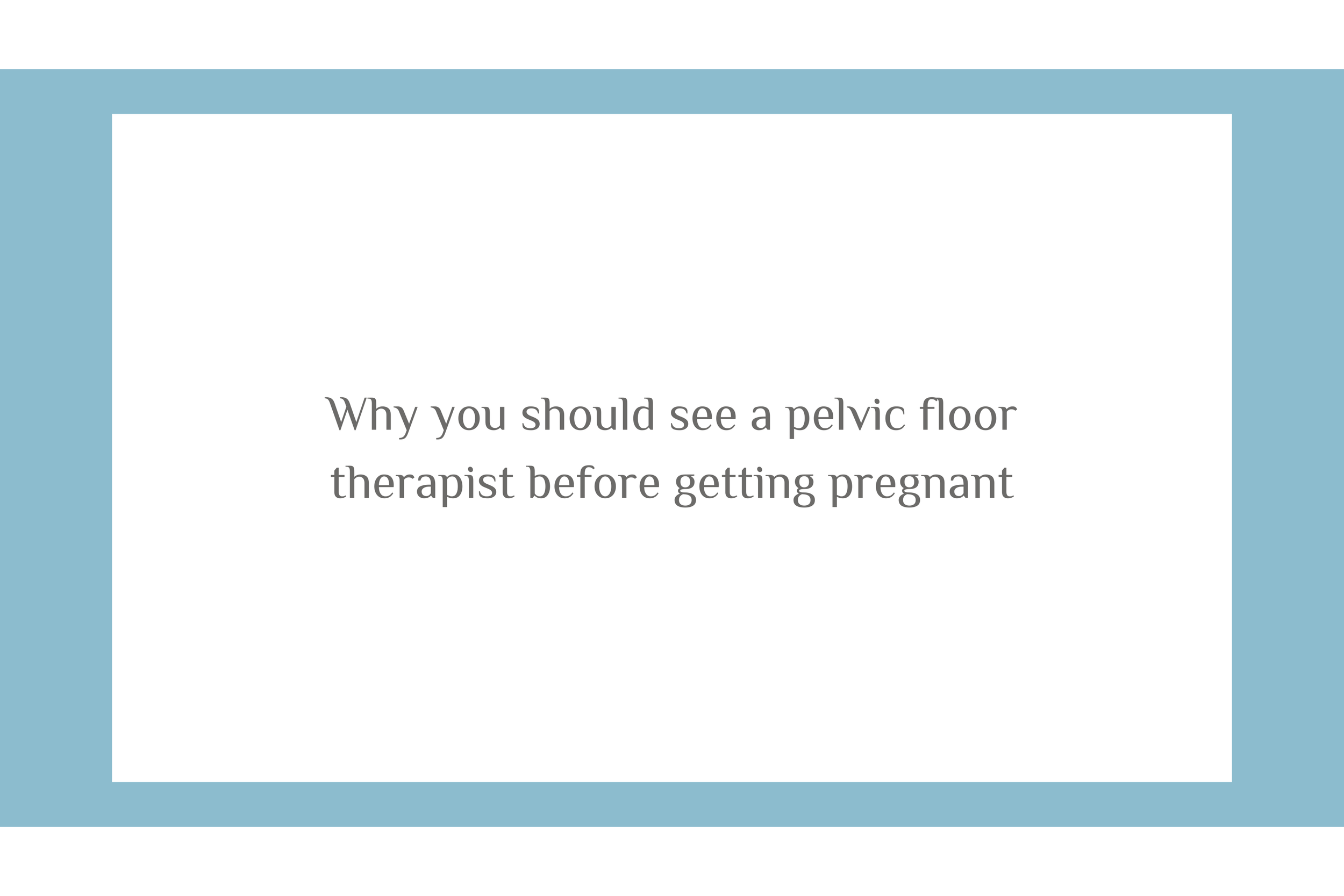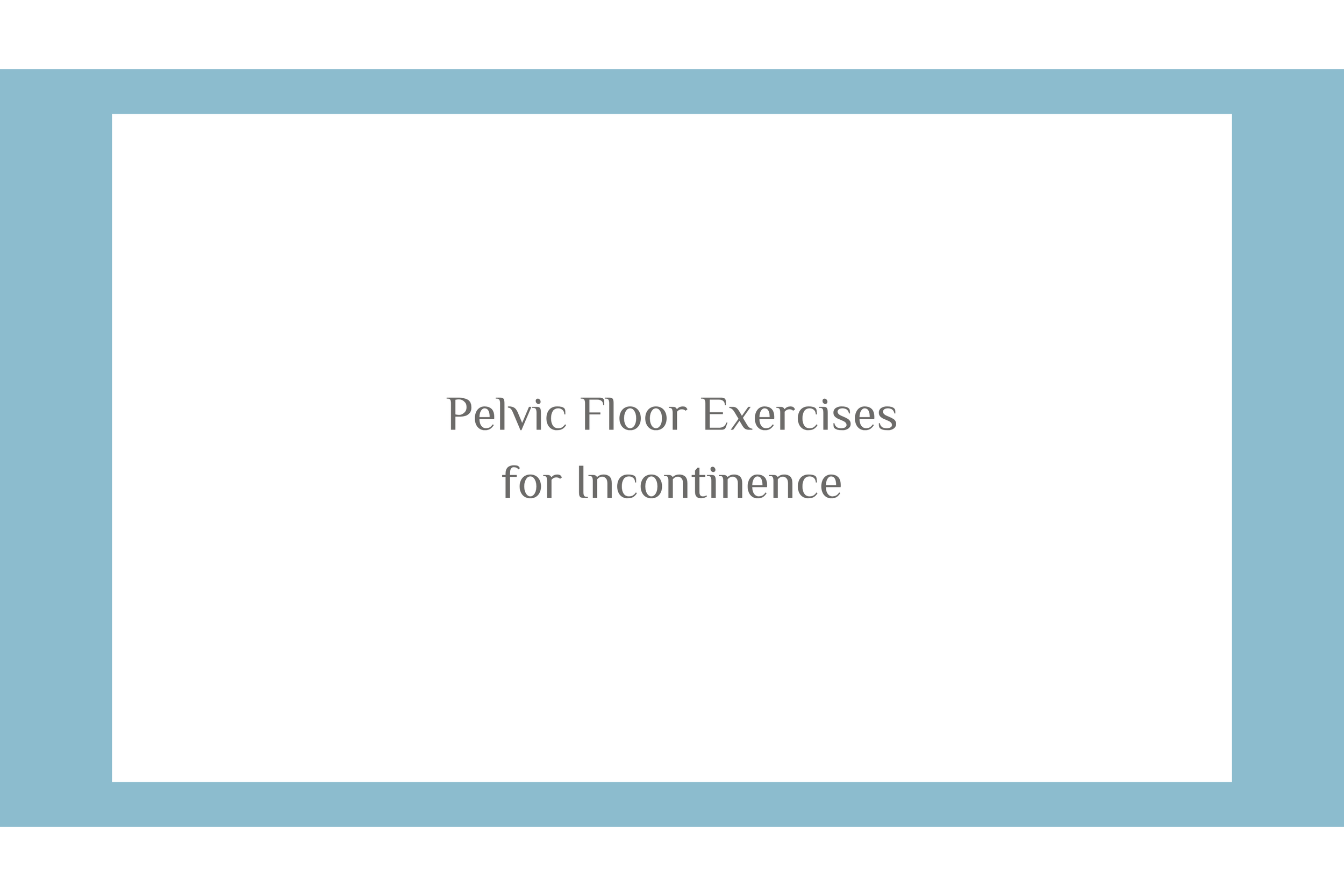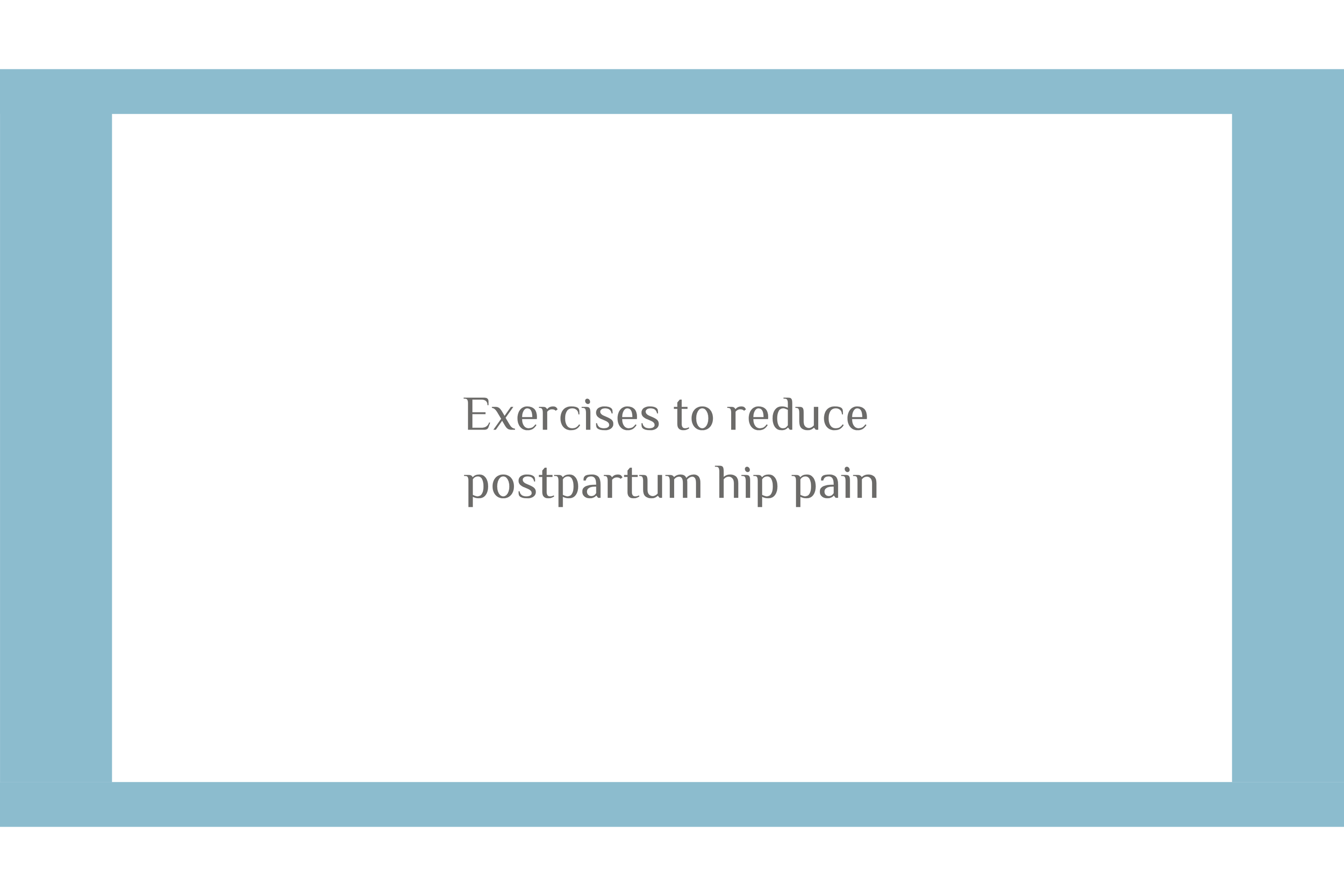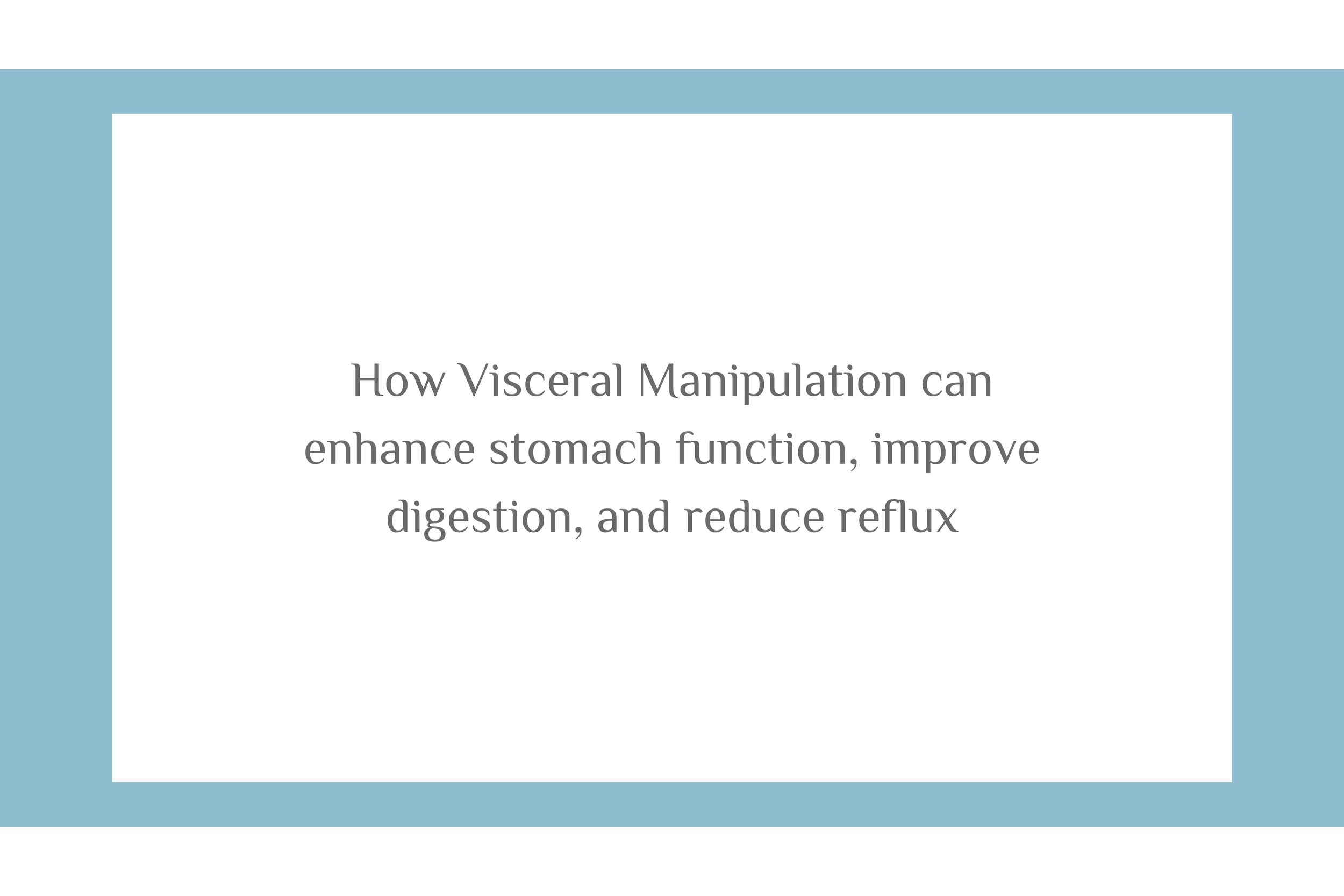Absolute Kinetics Physical Therapy Blog
Hip Flexor Tightness: Why Digging on Your Psoas With a Lacrosse Ball or Hook Tool Isn’t the Answer
Hip flexor tightness is a common symptom I treat in my physical therapy practice. Many patients tell me they stretch their hip flexors frequently, which helps temporarily, but the tightness always seems to come back. In recent years, I’ve also had many patients ask about doing self-release work using a lacrosse ball or a tool called a “Hip Hook,” which is designed specifically to “release” the hip flexor muscles.
There are several reasons why I don’t recommend using these types of tools on your hip flexors - or anywhere else in your abdomen or pelvis. In this blog post, I’m going to explain why I don’t recommend these tools and how I approach treating hip flexor tightness instead.
Why you should see a pelvic floor therapist before getting pregnant
Pelvic floor therapy has been gaining a lot of attention over the last few years, but many people still think pelvic floor therapy is only for pregnant and newly postpartum women. As a pelvic floor therapist, I certainly believe that every pregnant and postpartum woman can benefit from seeing a pelvic floor therapist. If you’d like to learn more about why I think a pelvic floor therapist should be a member of your prenatal and postpartum care team, you can check out this blog post.
Pregnancy, labor, and delivery are a major physical event. Just like we encourage patients to “prehab” before a major surgery, pelvic floor therapy can be incredibly helpful prior to conceiving. In this post, I’m going to talk about some of the major things pelvic floor therapy can help address before pregnancy, including:
Existing pain
Symptoms that indicate your pelvic floor isn’t working optimally
Education on your core and pelvic floor
Improving organ mobility prior to pregnancy
Hip pain after a c-section: why it happens and how physical therapy can help
Hip pain is a common symptom that I treat in my patients who are pregnant and postpartum. Women who have had a c-section can experience hip and low back pain postpartum for several reasons, and that pain can last for months or even years if not addressed. In this blog post, I am going to talk about why some women have hip pain after a c-section and how physical therapy can help.
Pelvic floor exercises for incontinence
For years women who experienced urinary incontinence have been told that they have a weak pelvic floor, and that the answer to their leaking was to either wear pads every day or do kegels at every stop light. Although more and more women are learning about pelvic floor therapy, there are still far too many who don’t know that pelvic floor therapy can help reduce (and eliminate) leaking, and that there is a lot more to pelvic floor therapy than just kegels. In this blog post I’m going to discuss the different types of urinary incontinence, why it happens, why kegels aren’t the solution, and how pelvic floor therapy can help.
Pelvic floor therapy internal exam and treatment - the why and what to expect at your appointment
If you have been to pelvic floor therapy before, you may be familiar with what a pelvic floor therapy internal muscle assessment is. If you haven’t, maybe you have heard about pelvic floor therapy on social media or from a friend. Or maybe you have no idea what a pelvic floor muscle assessment is. No matter which of these categories you fall into, this blog post is for you!
The connection between your rib cage and pelvic floor
I recently attended my fourth visceral manipulation course through the Barral Institute, which was focused on the thorax. Your thorax includes your thoracic spine, rib cage, and all of the organs above your diaphragm muscle. I was excited to learn the techniques in this course because I knew they would help my patients who experience mid back pain, neck pain, and headaches, but I also knew these techniques could be helpful for my patients with pelvic floor dysfunction including leaking, constipation, and pelvic organ prolapse. In this blog post, I’m going to talk about why treating the thorax could be key in addressing pelvic floor problems.
Exercises for pelvic organ prolapse
Exercising with pelvic organ prolapse (POP) can feel a little scary, and there is a lot of misinformation online about exercising with prolapse. In this blog post I’m going to talk about exercises to reduce pelvic organ prolapse symptoms (and so much more!)
Exercises to reduce postpartum hip pain
Hip pain is something I treat often in my office in both pregnant and postpartum patients. In this blog post I explain why hip pain is common during pregnancy, why it may not start until postpartum, and what you should do about it. One of the recommendations I list is to work on mobility and strengthening exercises for your hips, which is what I am going to explain further in this blog post. Read the full blog and make sure to check the links for some exercise examples!
“Mommy Thumb” - why your thumb hurts postpartum (& what to do about it)
A few months postpartum after both my first and second babies, I started noticing some nagging pain in the thumb side of my wrist during tasks like changing diapers, feeding, etc. I knew right away that I had developed De Quervain’s Tenosynovitis - also known as “Mommy thumb”. Read the full blog to learn what “Mommy thumb” is and what to do about it.
Diastasis Recti: Why Visceral Manipulation should be part of your treatment plan
Diastasis Recti (DRA) is one of the most common concerns I hear about from my pregnant and postpartum patients. There is a ton of scary misinformation on the internet and social media about what you “should” or “shouldn’t” be doing if you have diastasis, ways to prevent diastasis, and whether or not it is too late to “fix”. Read this blog to learn what you can do about DRA, and why visceral manipulation should be part of your treatment plan.
Ab Exercises Post Pregnancy: When & Where to Start
It is no secret that your abs and core go through a lot of changes during pregnancy. After I delivered each of my babies, I remember feeling like my abs and pelvic floor were so weak! Although I do not believe that you need to “get your body back” or look a certain way by any point postpartum, I do know that as a mom you will be doing a lot of lifting, carrying, and walking. Rehabbing your core and pelvic floor are important to reduce pain and injuries and to allow you to do all of the activities you want and need to do. Read the blog to learn more.
How Visceral Manipulation can enhance stomach function, improve digestion, and reduce reflux
Digestion is a vital function of your body. Your digestive system is made up of tubes that run from your mouth to your anus. The stomach is an important organ for optimal digestion, and can even cause referred pain to areas like the neck and left shoulder. In this blog post, I’m going to explain why dysfunction in the stomach can have an impact on our digestion and overall health, symptoms that may present with stomach dysfunction, and ways to support your stomach.
Visceral Manipulation and Your Pelvic Floor – Why Organ Mobility is Key for Pelvic Health
Your pelvic floor has many important jobs, including roles in bladder and bowel function, sexual function, and force translation. One of the other important roles, and what I’m going to be discussing more in depth in this blog post, is organ support. Your pelvic floor supports your bladder, uterus or prostate, and rectum. That means pelvic floor dysfunction can affect how your organs are supported, but also that organ mobility and motility dysfunction can affect your pelvic floor. Read the blog to learn more.
Sphincters in the digestive system: their role in digestion, symptoms of dysfunction, and why we treat them in visceral manipulation sessions
One of the techniques I have used the most since I started learning about visceral manipulation is treating the abdominal sphincters. In fact, I typically end every session by assessing and treating my patient’s abdominal sphincters! In this blog, we are going to discuss what the abdominal sphincters are, what symptoms may indicate dysfunction in the abdominal sphincters, and what may cause abdominal sphincter dysfunction.
How Visceral Manipulation supports liver function and well-being
When I took my first Visceral Manipulation course with the Barral Institute, the first technique we learned was a liver lift. The instructor explained how we could make a large impact for many of our patients by treating their liver, and in my experience this has been so true! In this blog post, I’m going to explain why dysfunction in the liver can have such a major impact on our body, symptoms that may present with liver dysfunction, and ways to support your liver.
Why constipation may be causing your back pain (and how physical therapy can help)
There are a TON of reasons why you may be experiencing back pain, but in this blog post I want to specifically discuss a cause of low back pain that many people may not know about: constipation.
How to relieve constipation: my favorite tips for constipation relief as a pelvic floor therapist
More often than not, I find that patients in my office experience some level of constipation. Even those who have daily bowel movements will report that sometimes they have hard stools or have to strain in order to have a bowel movement. In this blog post, we cover how to know if you are constipated and share tips to reduce constipation.
Postpartum hip pain: why it happens and what to do about it
There are many symptoms that can pop up during pregnancy and postpartum. Some of the most common symptoms I treat postpartum as a pelvic floor physical therapist include back pain, urinary leaking, pelvic organ prolapse, and diastasis recti. Another common symptom I see during pregnancy and postpartum is hip pain. But why does postpartum hip pain happen and what should you do about it? Read the full blog to learn more.
Why do organs lose movement (and how can Visceral Manipulation help?)
Visceral Manipulation is a gentle manual therapy technique that aims to encourage normal tone and movement both within and between organs and their surrounding tissues. Our organs need to be able to glide and slide between one another and surrounding tissues during daily movements, and also need to be able to move to perform their functions. For example, your bladder needs to be able to expand to fill and contract to empty. Read the full blog to learn more.
Pelvic Pain in the Third Trimester of Pregnancy: Can Pelvic Floor Therapy Help?
I previously wrote a blog about pelvic pain during pregnancy and what should be considered “normal”. You can check that blog out here. Many aches and pains that are normalized during pregnancy actually can be improved with pelvic floor therapy. But what about during the third trimester? With so much pressure on your pelvis and pelvic floor muscles, is there really anything we can do? Read the blog to learn how pelvic floor therapy can help with pelvic pain in the third trimester of pregnancy.




















